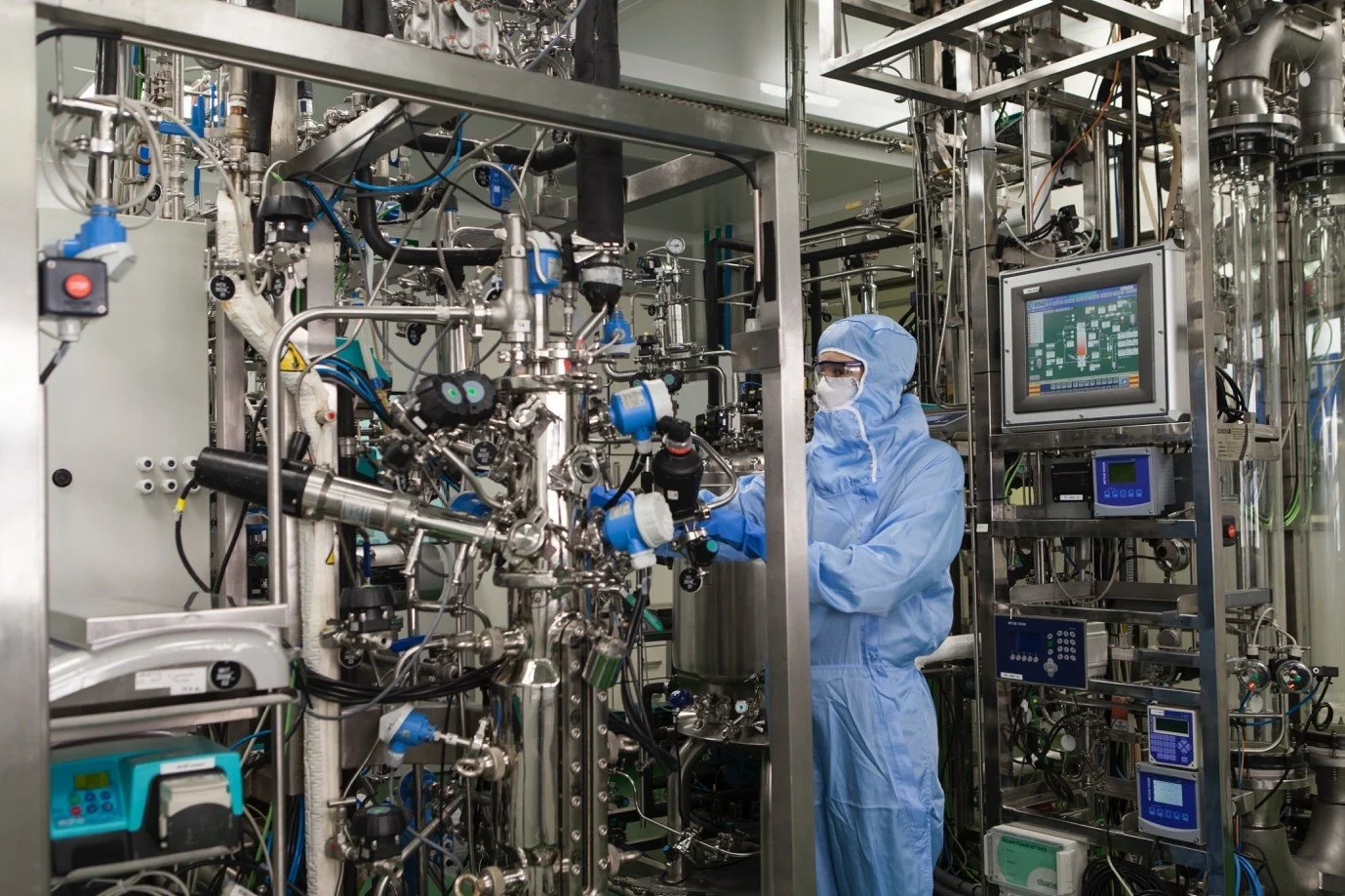Other laboratories
MELiSSA Pilot Plant


The second-generation laboratory MELiSSA (Micro Ecological Life Support System Alternative) Pilot Plant at the Universitat Autònoma de Barcelona (UAB) is a facility focused on developing a regenerative life support system for long-duration human missions in Space.
The goal of MELiSSA is food production, water recovery, and regeneration of the atmosphere, with a concomitant use of waste (CO2, urine, and organic waste), using light as an energy source. Technologies such as those being studied at MELiSSA will contribute to making the future presence of humans on a planet like Mars possible.
The laboratory of the MELiSSA Pilot Plant houses the different compartments that make up the closed cycle to be developed, and experiments are carried out to characterise their operation, both individually and interconnected, in long-term experimental campaigns, in order to demonstrate the robustness of the technology developed and the capacity to operate the installation with the monitoring and control systems developed specifically for it.
The MELiSSA project is an international collaboration of 15 institutions, led by the European Space Agency (ESA). It is a multidisciplinary project involving experts in genomics, proteomics, modelling, microbiology, nutrition, process engineering, biotechnology, plant breeding, systems engineering, automation, among others, from both academic and industrial perspectives.
